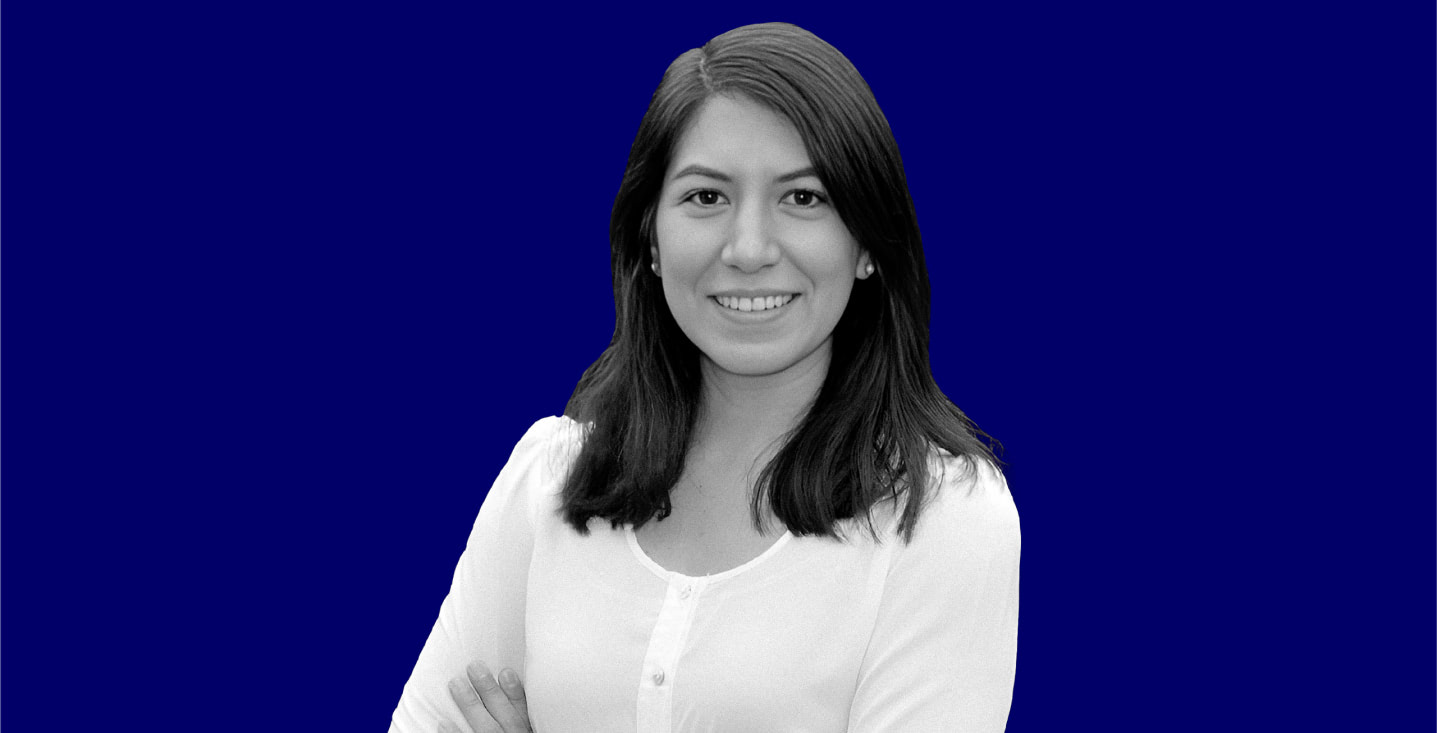22/12/2023
At IE University, we know that choosing the right program for your future career can feel overwhelming. The path to the next best you is different for everyone—but we’re here to help you make an informed decision and guide you through your unique career journey.
The Master in Applied Economics and the Master in Finance are two of our most popular and successful programs. Here we break down the main differences between the two and explain the specific focus of each program.
Who is the Master in Applied Economics for?
The Master in Applied Economics is a diverse program, offering a mixture of core courses, three elective specialist tracks (in public policy, economic analysis or consultancy and market regulation) and a final project. It’s a full-time, ten-month program taught in person in Madrid.
This program is aimed at problem-solvers with a flair for numbers; most students have a strong quantitative background and enjoy strategic planning. It attracts a broad variety of profiles from different fields, ranging from economics, business, the humanities and social sciences through to math, physics and engineering.
Where can a Master in Applied Economics take me?
The Master in Applied Economics can open the door to a number of different careers. If you choose the public policy track, you could find yourself pursuing a career as a policy analyst, public policy researcher or political advisor, perhaps in a large non-governmental organization (NGO) or in national government.
If you opt for the economic analysis track, you could pursue a career as an economic analyst, data analyst or quantitative analyst.
With the strategic consultancy specialization, your career options could include asset valuation, pricing strategies and damage assessment.
Who is the Master in Finance for?
The Master in Finance is a one-year, full-time program taught in Madrid. It’s a specialized program geared towards analytical thinkers, visionaries and ambitious future executives who are passionate about numbers and want to make a meaningful impact in the world of finance.
This program has four specializations: Investment Banking & Private Equity; Global Markets & Asset Management; Real Estate Finance & Alternative Investments, and Financial Analytics & Digital Finance. There are also elective modules, covering areas such as private equity, fintech and digital finance, derivatives and hedge funds.
Where can a Master in Finance take me?
Depending on the specialization that you choose, you could work in mergers and acquisitions, risk management, portfolio management, sustainable finance, venture capital, real estate and a whole host of other possibilities.
Alumni of the Master in Finance work in a variety of top companies, including some of the giants of the financial world, such as J.P. Morgan, PwC and Deloitte. Some have also used their entrepreneurship skills to found their own startups.
Master in Applied Economics or Master in Finance: which is right for me?
Both the Master in Applied Economics and the Master in Finance cover topics such as quantitative analysis and critical thinking. However, the scope of the Master in Applied Economics is broader, whereas the Master in Finance has a much more specialized approach and is industry-focused.
The Master in Applied Economics paves the way for careers in a number of different sectors and industries. In addition to financial topics, the Master in Applied Economics also covers concepts of policy and business which can prepare you for careers not just in the corporate world, but in government and law.
In contrast, the Master in Finance has an emphasis on financial theory and application. It allows you to focus specifically on subsectors of finance, taking a deep dive into advanced concepts that can be applied in specialized areas of the finance industry.
For more in-depth information, check out the specific program pages for the Master in Applied Economics and the Master in Finance.








